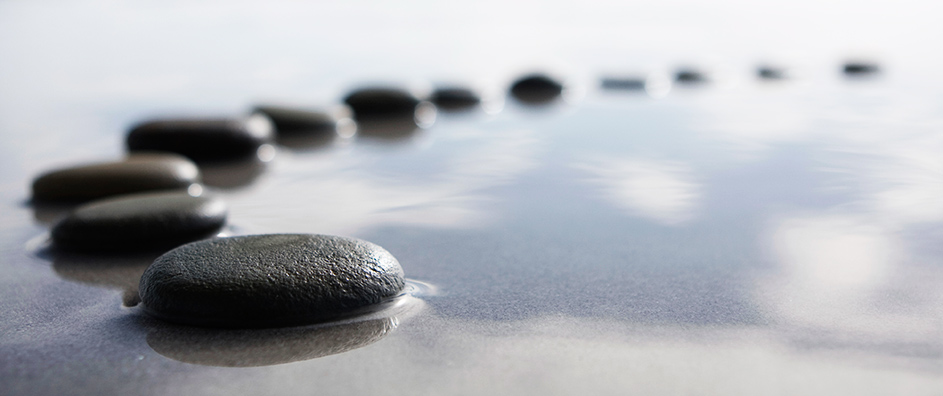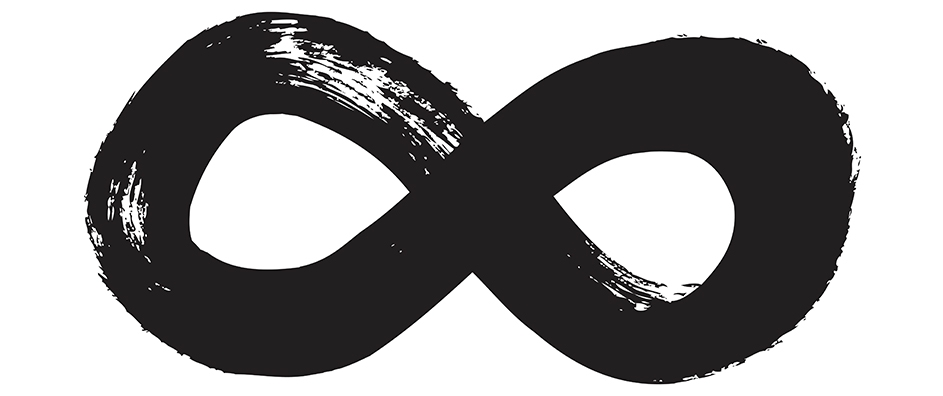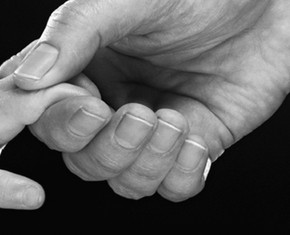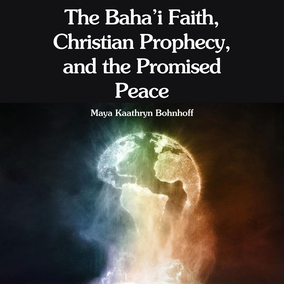The views expressed in our content reflect individual perspectives and do not represent the authoritative views of the Baha'i Faith.
O SON OF MAN!
Thou art My dominion and My dominion perisheth not; wherefore fearest thou thy perishing? Thou art My light and My light shall never be extinguished; why dost thou dread extinction? Thou art My glory and My glory fadeth not; thou art My robe and My robe shall never be outworn. Abide then in thy love for Me, that thou mayest find Me in the realm of glory.
O SON OF UTTERANCE!
Turn thy face unto Mine and renounce all save Me; for My sovereignty endureth and My dominion perisheth not. If thou seekest another than Me, yea, if thou searchest the universe for evermore, thy quest will be in vain. – Baha’u’llah, The Hidden Words, pp. 7-8.
When Baha’u’llah wrote these two Hidden Words while walking along the banks of the Tigris River in Baghdad, he had been living in exile from his native land for more than five years, and he had faced deprivation, torture and death in a terrible prison.
And yet these Hidden Words encourage us to think about our next life, giving us hope for an immortal existence. The Baha’i teachings strongly assert that this short earthly life is meant to prepare us for an eternal spiritual consciousness, a Second Life, as Baha’u’llah calls it, which never dies.
The Hidden Words repeat this theme again and again. They tell us that the soul comes from God and cannot decompose or die; that the light in us reflects the radiance of the Creator; that our everlasting essence means we will live forever.
We can live eternally, Baha’u’llah tells us in the second Hidden Word above, if we turn our face to God’s and transcend this temporal existence. If we cling to the temporary and the ephemeral; if we search for the meaning in our lives somewhere else; then our quest, Baha’u’llah says, “will be in vain.”
Zen Buddhism has a very similar teaching. Much of Zen wisdom originates from the Zen koan, short mystical sayings that impart knowledge and often come in the form of a puzzle, a riddle or a paradox. One of the best-known and most profound Zen koans goes like this: “If you die before you die, when you die, you won’t die.”
When you give this koan some thought, ponder it for a while, and put it in the context of Baha’u’llah’s teachings, it can reveal a deep wisdom.
Obviously the koan refers to two kinds of “death” – the physical end of life, and the death of the ego or the self. It tells us that the death of selfishness and self-absorption precedes the development of a spiritual consciousness; and it lets us see that the soul, once it has broken free of the individual ego and all of its baggage and barriers, can live forever.
Baha’u’llah’s writings deal extensively with this powerful and universal subject. He says every soul will live forever:
The first life, which pertaineth to the elemental body, will come to an end, as hath been revealed by God: “Every soul shall taste of death.” But the second life, which ariseth from the knowledge of God, knoweth no death… – Baha’u’llah, Gems of Divine Mysteries, pp. 41-42.
 Baha’is definitely do not believe in any concept of Hell or purgatory or eternal damnation – those punitive ideas about the afterlife have no place in the Baha’i concept of life after death. However, the Baha’i teachings do say clearly that the progress of the soul and its level of consciousness in the next life depends on our development in this earthly plane:
Baha’is definitely do not believe in any concept of Hell or purgatory or eternal damnation – those punitive ideas about the afterlife have no place in the Baha’i concept of life after death. However, the Baha’i teachings do say clearly that the progress of the soul and its level of consciousness in the next life depends on our development in this earthly plane:
…man is immortal and lives eternally. For those who believe in God, who have love of God, and faith, life is excellent — that is, it is eternal; but to those souls who are veiled from God, although they have life, it is dark, and in comparison with the life of believers it is nonexistence. – Abdu’l-Baha, Some Answered Questions, p. 242-243.
That means we have a choice, that we can follow a path toward spirituality, or we can follow a path toward a more material life. We can exalt and educate our human spirit, or we can emphasize the physical. We can serve humanity and work for peace and justice in the world, or we can decide to pursue the selfish and sensual pleasures. We can work for the good of all, or we can concentrate on our own individual needs and desires. This fundamental human choice has the power to transform us into spiritual beings who transcend this plane of existence and attain to everlasting life.
Download the free The Hidden Words eBook.
















Comments
Sign in or create an account
Continue with Googleor